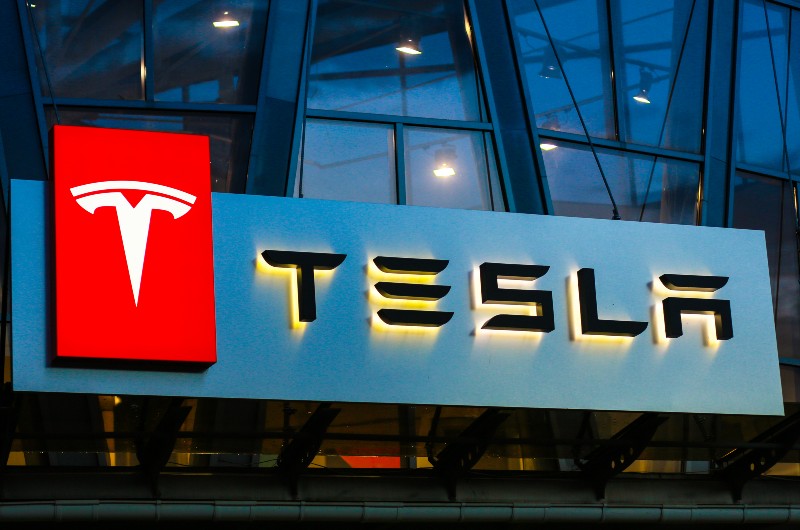Breaking News
Tesla Ex-Worker to Get $137M For Hostile Work Environment
Yesterday, a San Francisco court ordered EV maker Tesla to pay a Tesla ex-worker $137 million for damages. Owen Diaz will receive the money for the pain and suffering he endured while working for the automotive manufacturer.
Even as Diaz’s lawyers asked for a lesser amount, the jury decided to give more. They decided that $130 million in punitive damages and $6.9 million for emotional distress should be enough.
RELATED: Two Men Killed When ‘Driverless’ Tesla Crashed Into A Tree
Tesla Ex-Worker Receives $137 Million In Damages

Tesla Ex-worker Owen Diaz was a contract worker who joined the company in 2015 via a staffing agency. He endured racist abuse and a hostile work environment during his time there.
He told the court that colleagues denigrated him and other Black workers with racial epithets. They told him to “go back to Africa” on occasion. In addition, they left racist graffiti in the restrooms as well as a racist drawing in his work area.
Diaz received representation from Alexander Morrison + Fehr LLP. His lawyers, J. Bernard Alexander and Larry Organ said that Diaz managed to do what others couldn’t.
He got his case moved forward. This is only because Diaz didn’t sign a mandatory arbitration agreement.
Tesla Requires Mandatory Arbitration
Tesla, like many companies, requires workers to sign mandatory arbitration agreements. This is the reason why the company rarely faces expensive damages or settlements.
The most that the company had to pay for an issue with a Tesla ex-worker was $1 million. Another minority worker, Melvin Berry, also endured a racist, hostile workplace at the EV company. Another ongoing lawsuit in Alameda County, California, also accuses Tesla of racism and harassment.
Alexander told the media about how Tesla dodged their responsibility to create a safe work environment. “We were able to put the jury in the shoes of our client. When Tesla came to court and tried to say they were zero tolerance and they were fulfilling their duty? The jury was just offended by that because it was actually zero responsibility,” Alexander said.
Shareholder Reacts to Tesla’s Mandatory Arbitration Policy
As a result, Tesla shareholder Nia Impact Capital wants to examine the policy of mandatory arbitration. They want to know how the policy affects employees and the work culture.
Specifically, Nia wants to determine if mandatory arbitration enables Tesla to hide sexual harassment, racism, and hostile work environment from stakeholders. If this is the case, it can ultimately harm employees’ well-being. It could dampen morale, reduce productivity and affect the bottom line.
Consequently, Nia Impac Capital issued shareholder proposal.“The use of mandatory arbitration provisions limits employees’ remedies for wrongdoing, precludes employees from suing in court when discrimination and harassment occur, and can keep underlying facts, misconduct, or case outcomes secret and thereby prevent employees from learning about and acting on shared concerns.”
Shareholders Asked To Vote For Nia’s Proposal
Proxy adviser Institutional Shareholder Services suggested shareholders vote on Nia’s proposal. It noted that Tesla faced many serious allegations of sexual and racial harassment and discrimination for many years running. Meanwhile, this is the second year in a row that Nia proposed an examination.
Same as last year, Tesla’s board advised shareholders to vote against the proposal. They didn’t want to issue a report on the impacts of mandatory arbitration on employees. The annual shareholder meeting scheduled on October 7 will determine whether Nia will get the yes this year.
Watch the Inside News video reporting that Tesla must pay $137 million to ex-worker over hostile work environment:
Do you agree with the settlement award of $137 million for the Tesla ex-worker who complained of racism and hostile behavior? In addition, what do you think of companies that apply a policy of using mandatory arbitration?
Let us know what you think. Share your comments below.